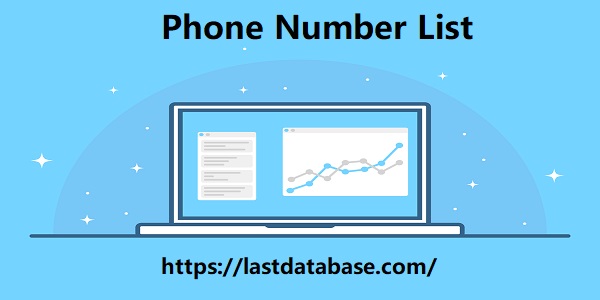Post by account_disabled on Mar 11, 2024 21:50:43 GMT -6
Fast paces and constant demands. Therefore, proper nutrition is essential for the health, well-being and productivity of employees. Introducing healthy eating practices into the workplace is not only a matter of individual choice, but also an organizational responsibility that can generate mutual benefits for employers and employees. Healthy eating in the workplace improves energy and concentration and increases productivity and overall performance. The benefits go beyond physical appearance, improving job satisfaction, improving mental health, retaining talent and improving corporate image. Creating healthy food environments It is important to ensure the availability and variety of healthy food options in the workplace, including fresh, whole and minimally processed foods, as well as alternatives for different dietary needs and food preferences. Implement effective communication and information strategies to highlight and promote healthy food options, including clear signage, food descriptions, informational labels, and nutrition and health educational materials.
It is interesting to establish collaborative alliances with suppliers, food companies and other relevant partners to guarantee the supply of healthy, fresh and quality products in the workplace. Education and Awareness Raising awareness about the benefits of healthy eating at work provides employees with knowledge and motivation to make better food choices. Comprehensive nutrition education programs, including workshops, conferences, seminars, and educational materials that address relevant topics related to healthy eating, should be developed and implemented. Hands-on activities can be developed for employees to learn basic culinary skills and incorporate them into their routines. Companies can partner with health professionals, such Phone Number List as nutritionists, to offer individual consultations and personalized advice. Incentives and rewards Tangible incentives can be offered, such as vouchers for the purchase of healthy foods, discounts at restaurants and partner establishments, and gifts related to healthy eating.

Partnerships with health professionals Partnerships should be established with nutritionists to offer individual consultations and personalized meal plans. This allows the specific needs of employees to be met. In addition to partnering with dietary professionals, it is also important to partner with mental health professionals; After all, eating behaviors are connected to the mind and emotions. Another type of alliance that must be established is with professionals in the field of physical health, integrating adequate nutrition with physical exercise. Workplace Food Options Workplace dining and restaurants that prioritize fresh, natural, and whole ingredients should be implemented, offering balanced meal options, fresh salads, lean proteins, whole grains, and healthy alternatives to meet diverse dietary preferences and needs. Drinks are also important. Therefore, it is necessary to create cafeterias and natural juice bars that offer refreshing drinks and healthy coffees, promoting adequate hydration.
It is interesting to establish collaborative alliances with suppliers, food companies and other relevant partners to guarantee the supply of healthy, fresh and quality products in the workplace. Education and Awareness Raising awareness about the benefits of healthy eating at work provides employees with knowledge and motivation to make better food choices. Comprehensive nutrition education programs, including workshops, conferences, seminars, and educational materials that address relevant topics related to healthy eating, should be developed and implemented. Hands-on activities can be developed for employees to learn basic culinary skills and incorporate them into their routines. Companies can partner with health professionals, such Phone Number List as nutritionists, to offer individual consultations and personalized advice. Incentives and rewards Tangible incentives can be offered, such as vouchers for the purchase of healthy foods, discounts at restaurants and partner establishments, and gifts related to healthy eating.

Partnerships with health professionals Partnerships should be established with nutritionists to offer individual consultations and personalized meal plans. This allows the specific needs of employees to be met. In addition to partnering with dietary professionals, it is also important to partner with mental health professionals; After all, eating behaviors are connected to the mind and emotions. Another type of alliance that must be established is with professionals in the field of physical health, integrating adequate nutrition with physical exercise. Workplace Food Options Workplace dining and restaurants that prioritize fresh, natural, and whole ingredients should be implemented, offering balanced meal options, fresh salads, lean proteins, whole grains, and healthy alternatives to meet diverse dietary preferences and needs. Drinks are also important. Therefore, it is necessary to create cafeterias and natural juice bars that offer refreshing drinks and healthy coffees, promoting adequate hydration.
